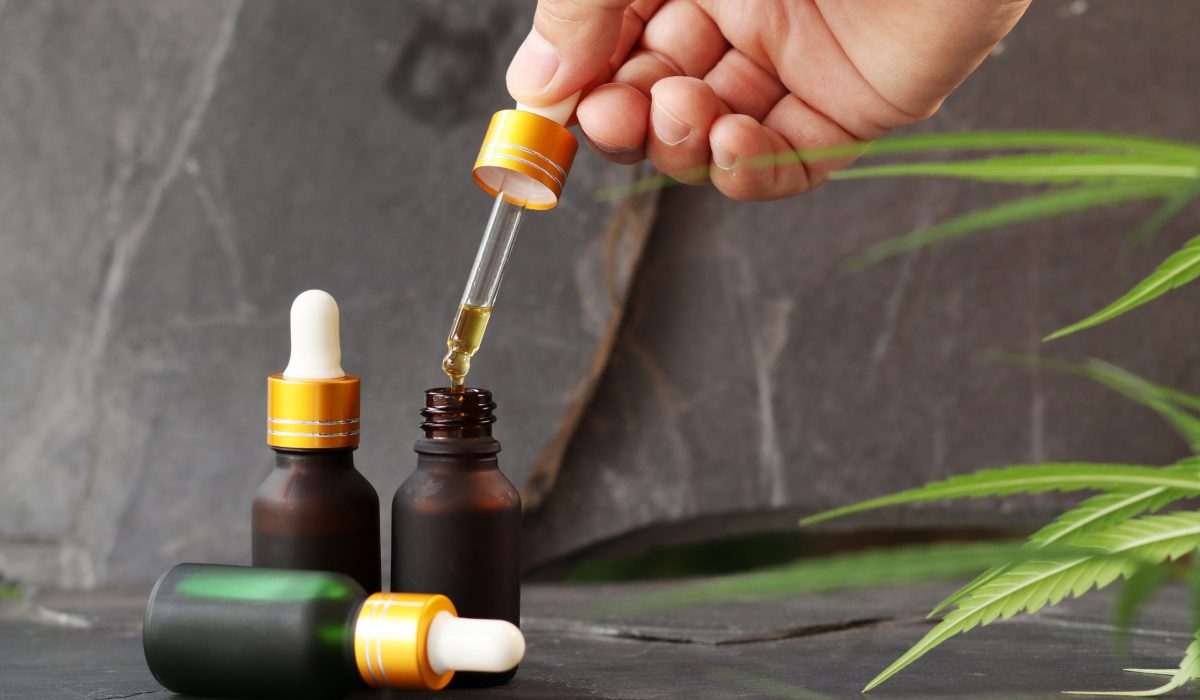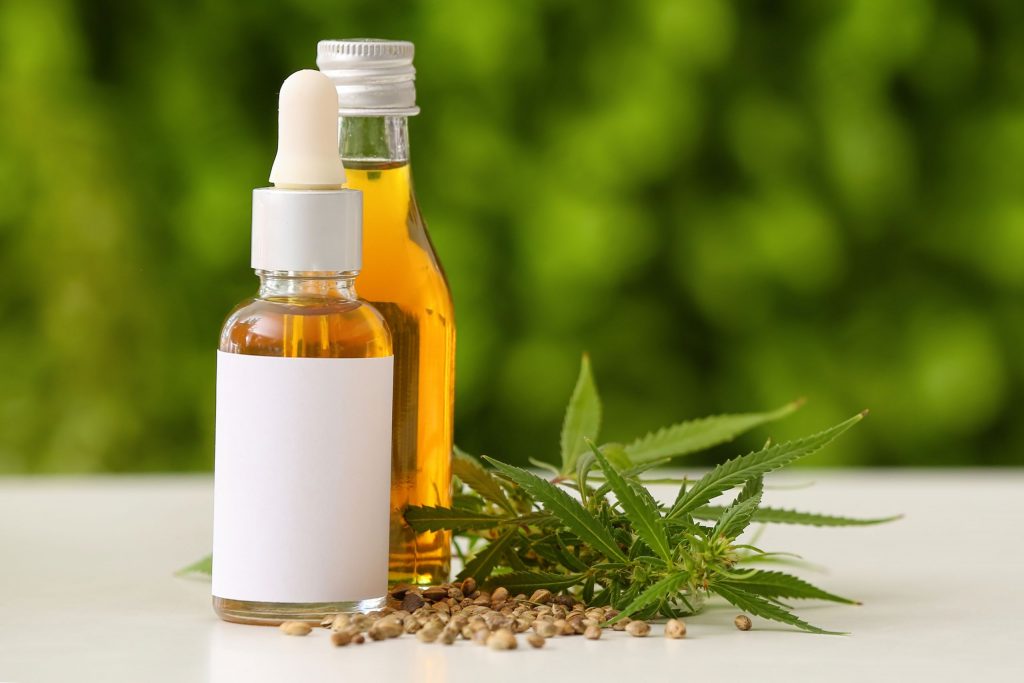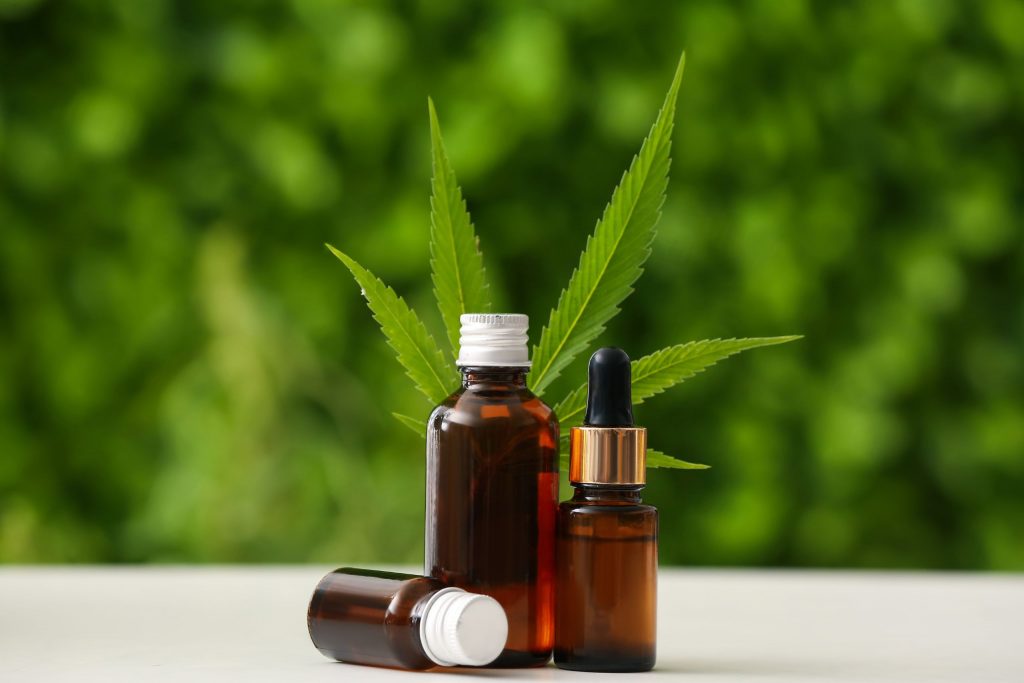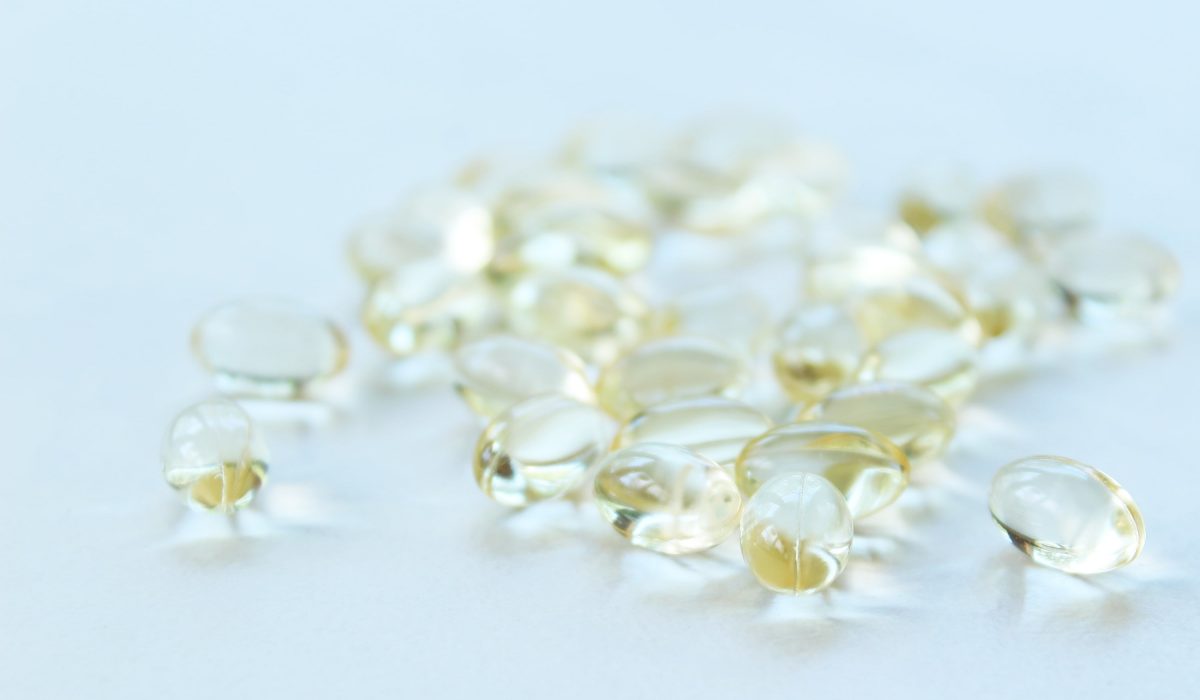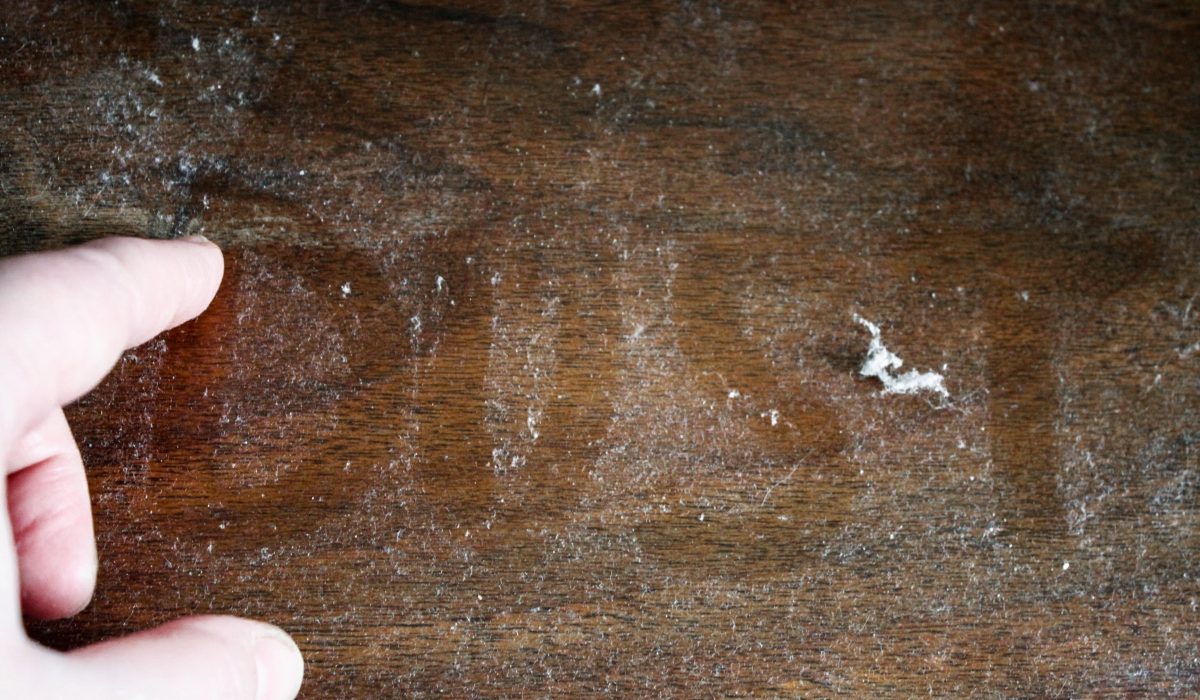Vi introduserer eNikotin, en banebrytende innovasjon som omdefinerer damplandskapet og forandrer måten entusiaster opplever sitt favoritttidsfordriv på. Denne avanserte dampløsningen øker brukertilfredsheten ved å levere en rik og tilpasningsdyktig dampopplevelse, tilpasset individuelle preferanser og smak. eNikotin sikrer et jevnere og morsommere alternativ til tradisjonell røyking, slik at damperne kan kose seg uten de skadelige stoffene som er forbundet med brennbar tobakk.
Ved å integrere banebrytende teknologi og grundig forskning står eNikotin i spissen for damprevolusjonen, og baner vei for et tryggere og mer tilfredsstillende alternativ. Formuleringen gir ikke bare et tilfredsstillende sug i halsen, men legger også vekt på ren smak, slik at hver inhalering blir en herlig reise. Med eNikotin kan brukerne omfavne en livsstil som prioriterer helse og nytelse, noe som gjør den til et overlegen valg for de som ønsker å forbedre sin dampopplevelse samtidig som de beveger seg bort fra sigaretter. Bli med i bevegelsen mot en lysere og sunnere fremtid med eNikotin.
Avanserte funksjoner og teknologi i eNikotin-enhetene
eNikotin ryster opp dampverdenen med sine spennende innovasjoner som tar opplevelsen din til neste nivå. En av de mest fremtredende funksjonene er den smarte teknologien som gjør det mulig for brukerne å tilpasse dampingen som aldri før. Med presisjonskontroll over nikotintilførselen kan du justere nikotinmengden slik at den passer til humøret og behovene dine, enten du er ute etter en rask dose eller en mer avslappet opplevelse. Denne graden av personalisering gjør det enklere for brukerne å håndtere suget på en effektiv måte, noe som til syvende og sist øker tilfredsheten.
Men det er ikke alt – Nikotin kan også skilte med forbedrede smakssystemer som løfter dampopplevelsen ytterligere. Tenk deg å kunne nyte rike, livlige smaker som engasjerer sansene dine. Enten du foretrekker klassiske tobakksnoter eller fruktige eksplosjoner, er smaksalternativene designet for å gjenskape den velkjente følelsen av å røyke, samtidig som de tilfører en herlig vri. Denne kombinasjonen av smarte funksjoner og førsteklasses smaker gjør ikke bare damping morsommere, men støtter også brukerne på veien mot å erstatte tradisjonell røyking. Med disse nyvinningene omdefinerer eNikotin virkelig hva damping kan være!
Helsefokuserte fordeler med eNikotin for røykere
eNikotin-enhetene er designet med tanke på brukerens helse, og gir en renere dampopplevelse som minimerer skadelige kjemikalier som ofte finnes i tradisjonelle sigaretter. Ved å bruke avansert teknologi for å varme opp e-væsker i stedet for å brenne tobakk, produserer disse enhetene damp som inneholder færre giftige stoffer. Dette betyr at brukerne kan nyte en mer behagelig opplevelse uten å inhalere de skadelige biproduktene fra forbrenning, noe som gjør det til et tryggere alternativ for dem som ønsker å slutte å røyke.
En annen fordel med eNikotin-enhetene er muligheten til å tilpasse nikotinnivået basert på individuelle preferanser. Enten du er en røyker som ønsker å trappe ned eller en ny bruker som ønsker å utforske damping, gir disse skreddersydde alternativene mulighet for en gradvis reduksjon i nikotininntaket. Denne personlige tilnærmingen hjelper ikke bare med å håndtere røykesuget, men støtter også brukerne i å gjøre et sunnere skifte bort fra tradisjonelle sigaretter. Alt i alt spiller eNikotin-enheter en viktig rolle i å fremme en sunnere livsstil, samtidig som de gir den tilfredsstillelsen mange røykere søker.
Miljøvennlige innovasjoner i eNikotin-produkter
eNikotin handler ikke bare om å forandre dampopplevelsen, men er også opptatt av miljømessig bærekraft. En av de viktigste måtene eNikotin bidrar til en renere planet på, er gjennom sine resirkulerbare komponenter. Mange eNikotin-enheter er designet med materialer som enkelt kan resirkuleres, noe som minimerer belastningen på søppelfyllingene. Dette er gode nyheter for miljøbevisste forbrukere som ønsker å nyte dampopplevelsen uten å ha dårlig samvittighet for avfall. Ved å velge eNikotin kan brukerne ta et positivt valg for planeten, samtidig som de får tilfredsstilt røykesuget sitt.
I tillegg har eNikotin tatt i bruk miljøbevisste produksjonsprosesser som tar sikte på å redusere avfall i hele produksjonen. Ved å bruke effektive teknikker og kjøpe bærekraftige materialer sikrer eNikotin at produktene både holder høy kvalitet og er skånsomme mot miljøet. Denne miljøvennlige tilnærmingen gir gjenklang hos forbrukere som i økende grad er på jakt etter merkevarer som samsvarer med deres verdier. Når du kjøper en eNikotin-enhet, får du ikke bare en førsteklasses dampopplevelse, du bidrar også til en mer bærekraftig fremtid, noe som gjør det til en vinn-vinn-situasjon for både deg og jordkloden!
Konklusjon
eNikotin er i front når det gjelder å forandre damplandskapet ved å integrere avansert teknologi, fremme helsefordeler og fremme miljøbevissthet. Deres innovative enheter er designet for optimal ytelse, noe som sikrer en jevn og behagelig dampopplevelse som passer for både nye og erfarne brukere. Ved å bruke lavere nikotinnivåer og e-væsker av høy kvalitet bidrar eNikotin til å redusere risikoen forbundet med tradisjonell røyking, samtidig som de tilfredsstiller røykesuget, slik at brukerne kan nyte sin vane med ro i sjelen. eNikotin er dessuten opptatt av bærekraft, og benytter miljøvennlige metoder i produksjon og emballasje, noe som appellerer til miljøbevisste dampere. Med fokus på brukertilfredshet og helse inviterer eNikotin deg til å utforske deres tilbud for en smartere, renere og morsommere dampopplevelse som er i tråd med moderne verdier.


